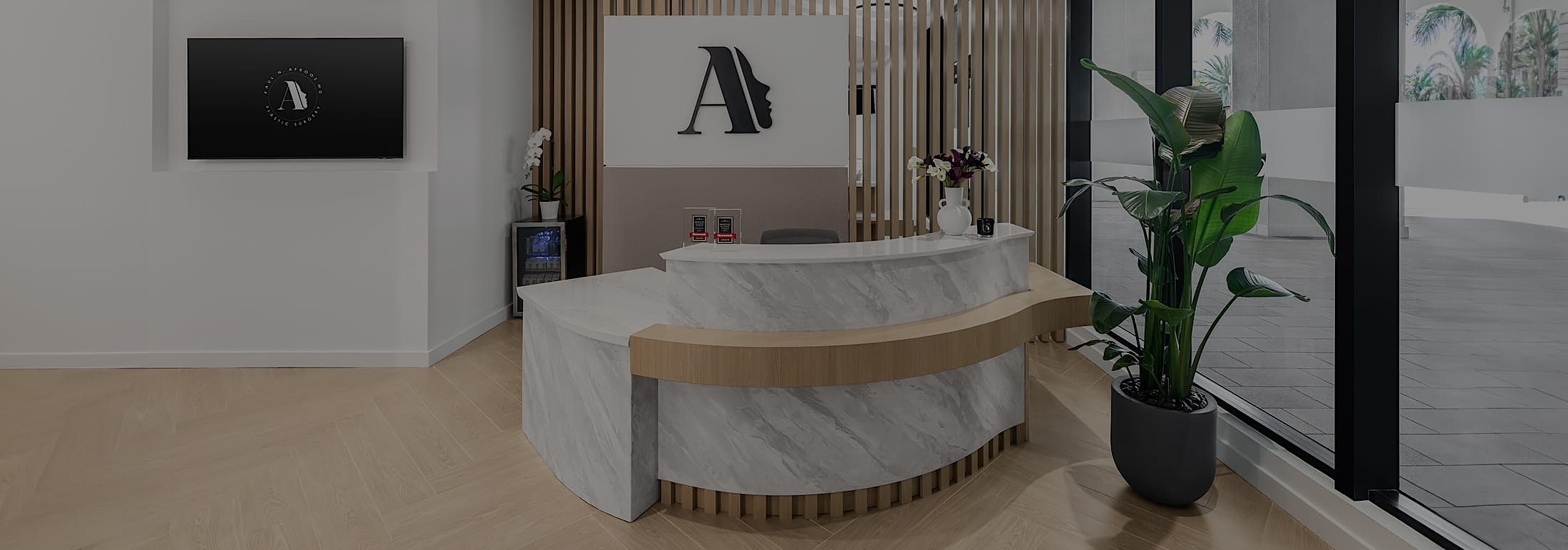A facelift is a customized procedure to restore a firm, youthful look to your facial structure without looking tight or pulled. The surgery corrects sagging skin, jowls, wrinkles, lines, and creases. When performed with the most advanced surgical techniques, it can achieve results that appear refreshed and natural.
But what is the best age for facelift surgery? There is no single perfect age, and because everyone ages differently, the answer will be different for every person based on personal factors and treatment goals. However, most surgeons agree that the best age for facelift surgery is your 50s and 60s.
The best age for a facelift is in your 50s and 60s
A facelift is not generally for anyone under 30, as a facelift works best for people in their 40s, 50s, and 60s when signs of aging are prevalent. These signs of aging include:
- Deep lines
- Wrinkles
- Fine lines
- Sagging skin
These signs are best corrected through surgical techniques instead of non-surgical ones. Because there’s no specific age at which you should consider a facelift, consider the procedure when signs of aging begin to bother you and non-surgical treatments are ineffective.
When to consider a facelift in your 30s or 40s
While a facelift is recommended for your 50s and beyond, one of the main advantages of having a facelift while younger is that the results can be considerably more subtle. This is because a facelift doesn’t require dramatic lifting and repositioning of the muscles and tissues when you’re younger. The results are more youthful but without the dramatic change associated with significant lifting.
Other reasons to consider a facelift in your 30s and 40s are:
- When you’re younger, the healing process may be faster
- Any resulting scars may be less noticeable because your skin regenerates more rapidly and more completely than it does when you get older
- Younger patients require less invasive procedures since the underlying muscle and other tissues haven’t experienced as much sagging or loss of natural elasticity
- When you’re younger, your natural collagen and elastin can work with your underlying muscle to retain youthful contours and fullness
- When you have a facelift in your 30s or 40s, your results may last longer, meaning a reduced need for touch-up procedures
Different facelift goals, different procedures
A traditional facelift is ideal for people who have moderate to severe signs of aging around the mid-face and neck. It removes and reshapes excess skin and fat tissue, re-suspending it in a more upright and youthful position.
A mini facelift is similar to a traditional facelift, but it targets a smaller area of the face. It addresses the cheeks and jowls and is a more “accelerated” version of a facelift, with shorter treatment time and a faster recovery. This procedure will leave some areas untreated, such as the forehead, and is especially popular for people in their late 30s and 40s.
A lower facelift targets the bottom third of the face. It can be instrumental in tightening the jowls and eradicating a double chin, creating a jawline with improved definition. Wrinkles, creases, and lines are softened while the neck is firmed and smoothed. The average age for a lower facelift is 40-60, as these clients are only just beginning to display the signs of aging.
Choose Dr. Afrooz for your facelift surgery
The perfect age for a facelift depends on the signs of aging you’re showing, your long-term goals, and the way your genetics influence your aging process.
If you have sagging facial skin and jowls, are tired of looking older than you feel, or believe that aesthetic refinement will enhance your look, you may be a good candidate for a facelift. To find out how we can restore a refreshed, rejuvenated facial look, schedule a consultation with board-certified plastic surgeon Dr. Paul N. Afrooz. During your consultation, Dr. Afrooz will explain possible results and the best procedure for your aging concerns.


